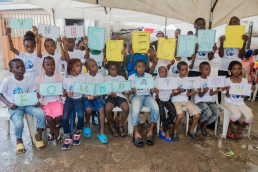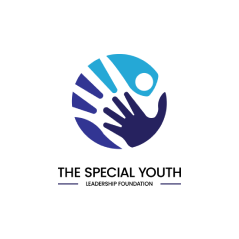Is my child at risk?
A report by the United Nations Children’s Fund (UNICEF) has revealed that one in every six children in Nigeria is depressed. According to the report, “Nigerian children and young adults are increasingly under the most pressure to succeed globally even with limited opportunities and support from the government.” So, in a real-life context what does this mean, and as a parent, caregiver, or concerned citizen, what can you do?
Children experience a range of emotions; they feel sad, act grouchy, or be in a bad mood. But when a sad or bad mood lasts for weeks or longer, and when there are other changes in a child’s behavior, it might be depression.
Depression is a mood disorder that can cause someone to feel sad, irritable, or hopeless. It may affect your sleep, appetite, or relationships with others. The reality is that depression can affect children, and in children, the disorder can affect how children interact with friends and family. It may prevent them from enjoying school, sports, hobbies, or other normal childhood activities.
It is important to note that depression is not just sad, and not all sad children are depressed. A child has to experience a sad mood for a long period of time (over three weeks) and be diagnosed by a professional to determine that it is depression. If a child is depressed, parents/caregivers may notice some of these signs: Sad or bad mood, being self-critical, lack of energy and effort, sleep and eating changes, etc. Because there is no single cause of depression, it is pertinent to speak with a professional if you notice these changes in your child.
To manage the situation, after observation, listen closely to your child. These will determine the next step which will be to set up a visit with your child’s doctor or a child therapist. A child therapist (mental health doctor) will spend time talking with you and your child. They will do an in-depth check for depression by asking questions and listening. The therapist can explain how therapy can help your child.
More importantly, be patient and kind. When your child acts moody or difficult, try to stay patient. Spend time with your child doing things you both can enjoy. These things gently encourage positive moods.












